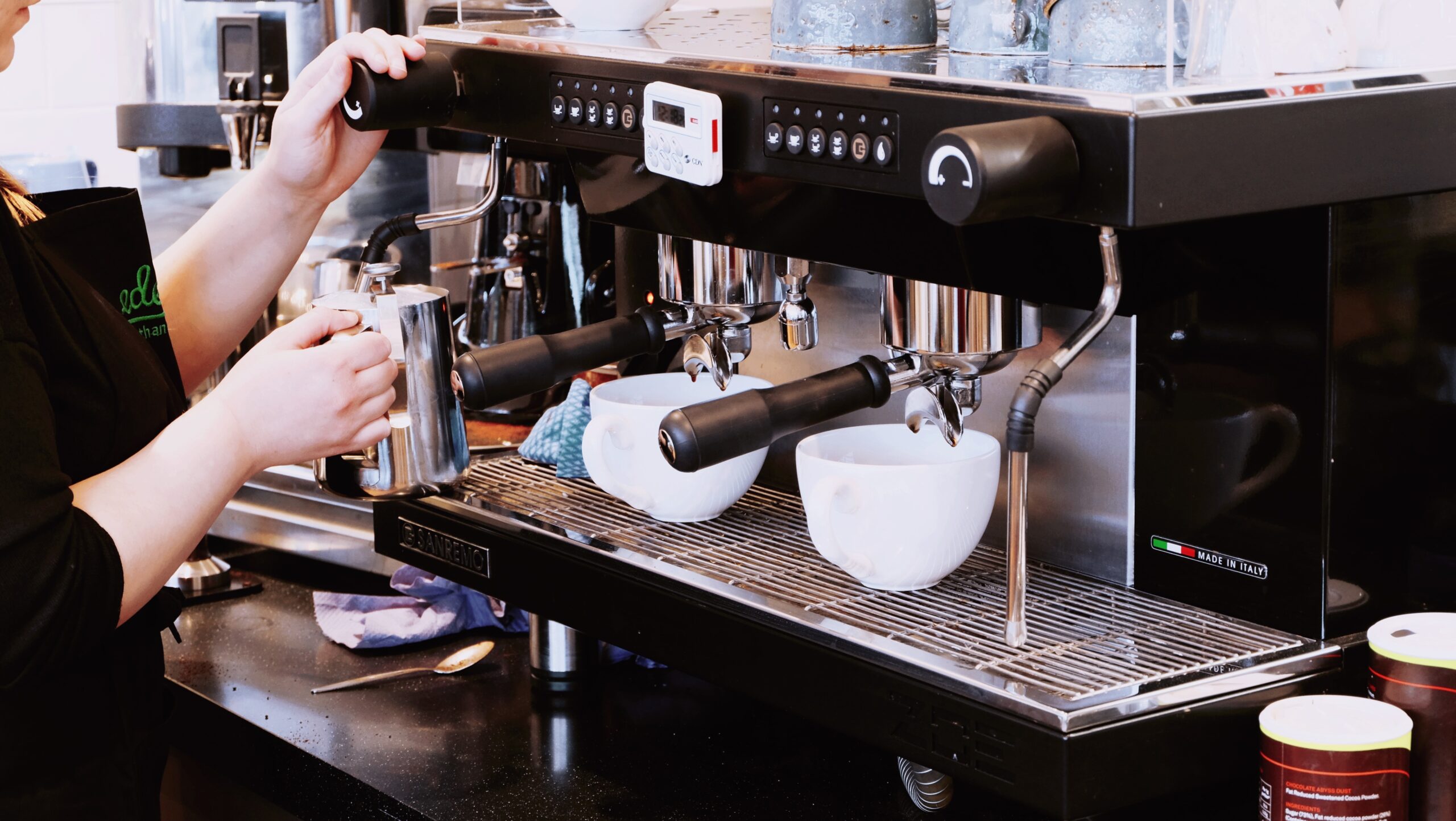
Water Filtration for Coffee Machines
There’s a huge market for coffee machines and what seems to be an endless range of machines to choose from. Everyone has a different target market / demographic. But let’s face it “First impressions count”
1.PH
The PH balance of your water should ideally be as neutral as possible.2.Hardness Reduction
The hardness of your water is dictated by the level of calcium salts and magnesium in the water. These can cause limescale and corrosion inside a coffee machine. However, we do need some level of solids, to get a nice mouth, feel and for the machine electronics to work correctly.3.Sediment Reduction
Different filters remove different levels of dirt, algae spores, rust and other harmful sediments.4.Chemical Reduction
Most water contains levels of chlorine. High chlorine and chlorinates can cause corrosion to stainless steel.
Adelaide
Firstly, let’s discuss the water in Adelaide compared to other states. In Adelaide, our water is hard. Hard water has more deposits of harmful substances like limescale.
What does improperly filtered water do to your coffee machine
Secondly, let’s discuss the side effects of improperly filtered water on your coffee machine. Water that isn’t filtered properly causes limescale build up in your machine. This causes blockages and corrosion, and as a result can require costly repairs. The scale lines the boiler, water pipes, valves, solenoids and more. This can cause issues with your machines steam arm, pressure, flow rate and temperature. Improper sediment reduction can result in a build up that encourages scale growth. High levels of chlorine and chlorinates can cause corrosion to stainless steel while impacting the taste of your coffee. Because you consistently heat up your coffee machine, it is more likely to form scale than other appliances. This especially applies to domestic coffee machines with smaller boilers.
The right water filtration for you
Thirdly, let’s find the right filtration for you. Many filters sold remove sediments and unwanted chemicals however, coffee machines require scale and hardness reduction. Most domestic taps and filters do not successfully reduce scale.
Notes
Lastly, here’s some helpful tips to help you keep your machine healthy.
- 1.If you don’t use the hot water tap on your machine, flush water through it anyway. This especially goes for double boiler machines. If you do not use the hot water tap, water sits in the boiler and is more likely to build scale and cause the need for repairs.
- Ensure that you are cleaning your coffee machine with black flush powder once per week. This stops the build up of unwanted coffee oils that can cause blockages and impact the taste of your espresso.
- 3.You still need a water filter if your machine has an inline granular filter in the tank!
- 4.You cannot use distilled water, some ionic content is needed for your machine to recognize conductivity.
